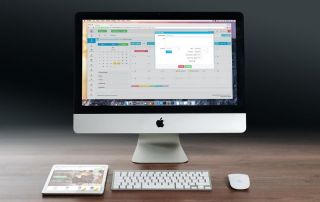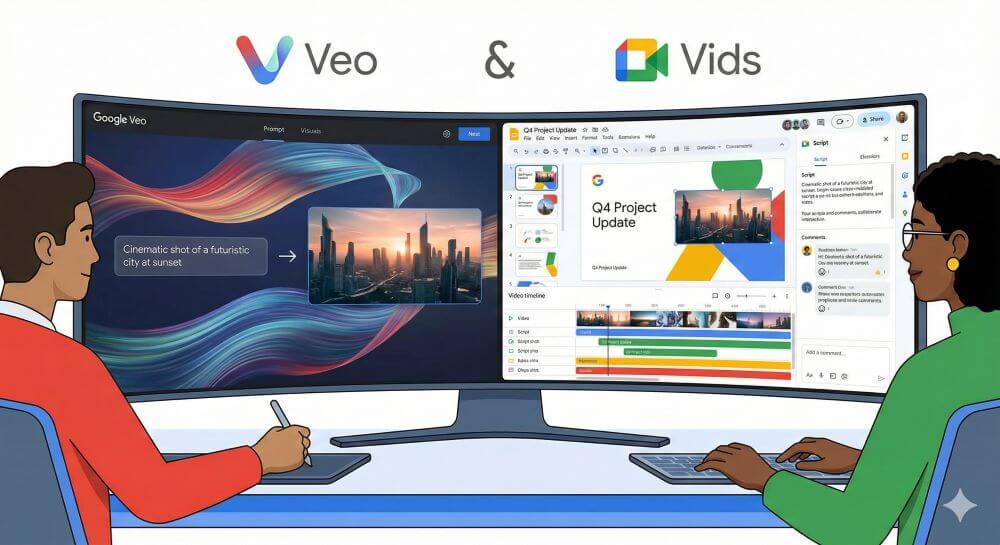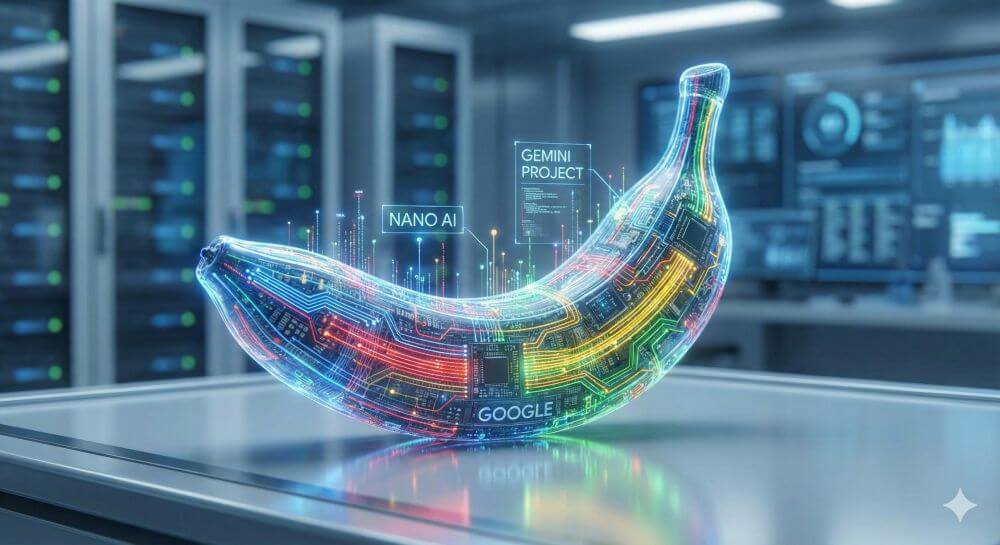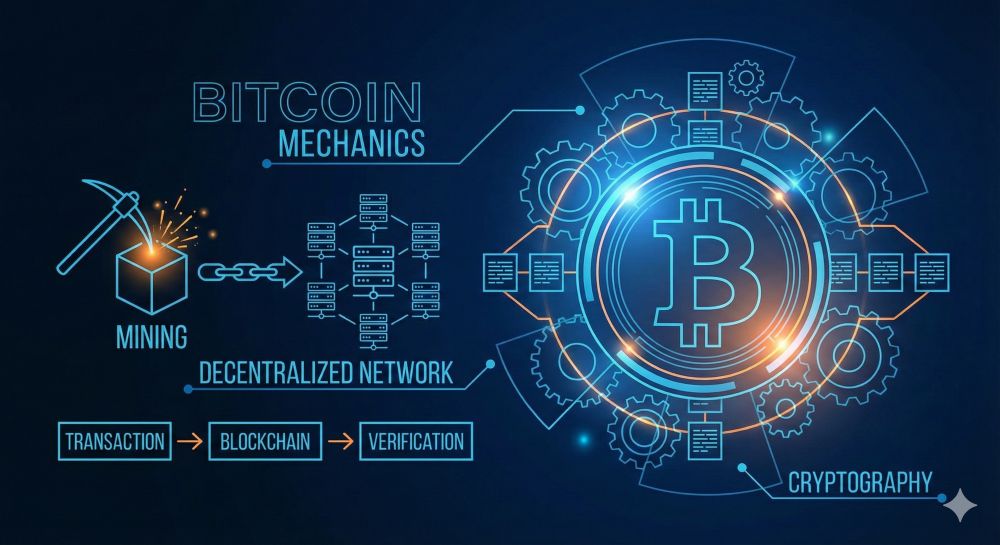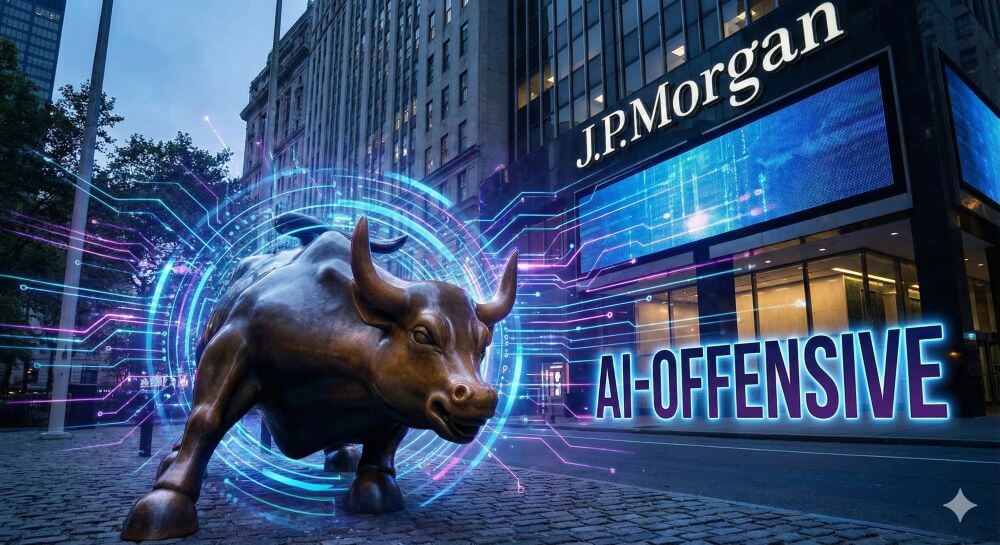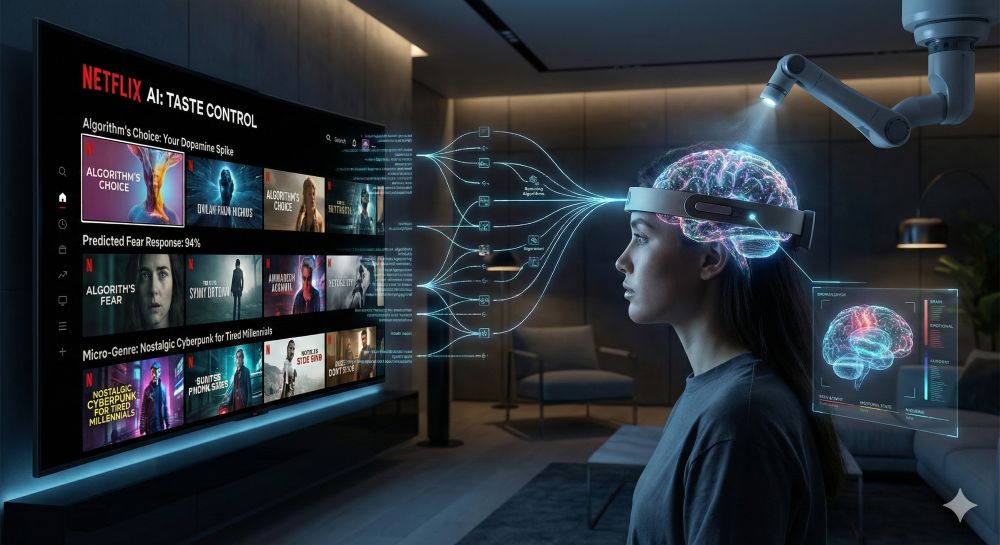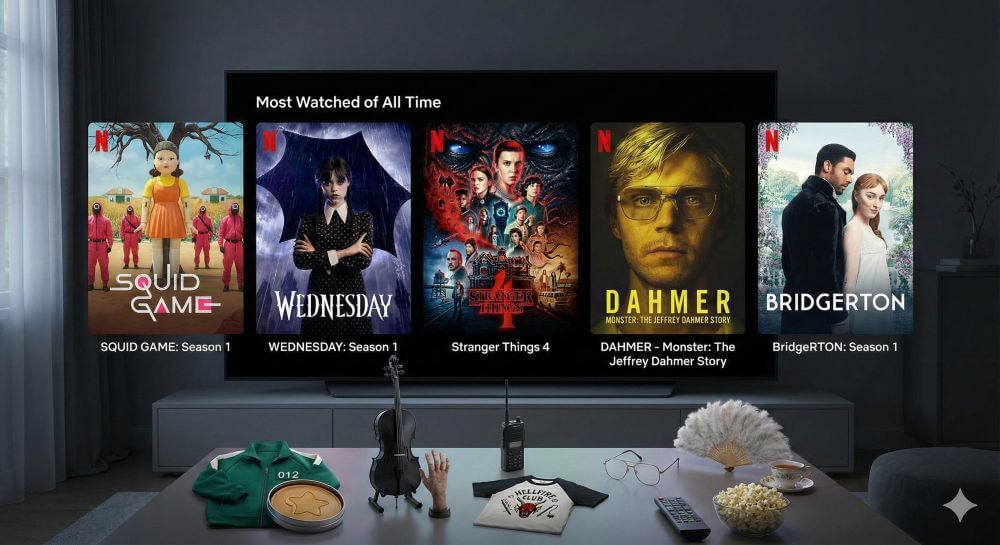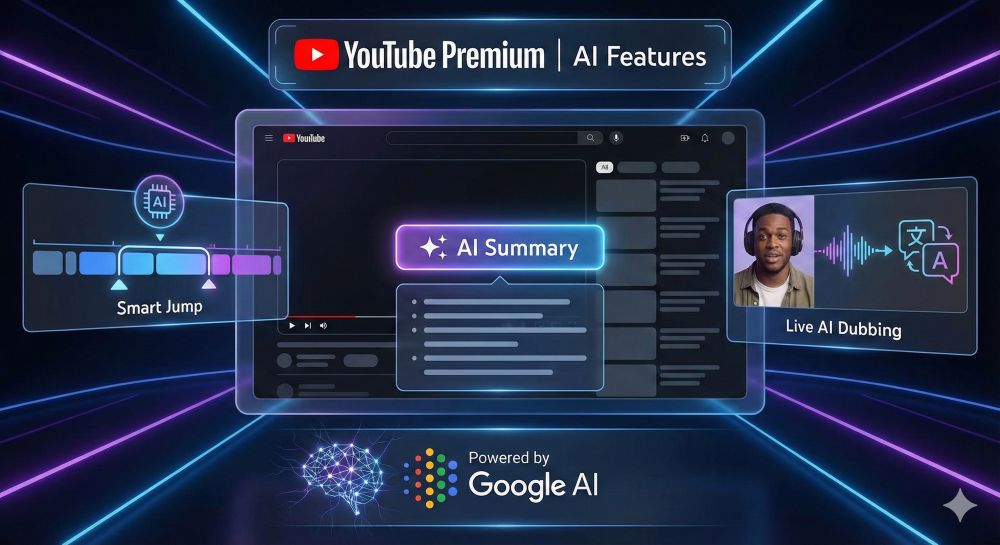Nvidia before the showdown: Insiders sell – Is the AI bubble about to burst?
It’s the calm before the storm. While the overall market nervously watches interest rate developments, everything hangs in the balance at Nvidia. It’s mid-November 2025, and the world’s most important stock is heading towards what are likely its most crucial quarterly results. But this time, the mood is different: The “smart money” has left the room.
What does this mean for individual investors? A look at the facts.
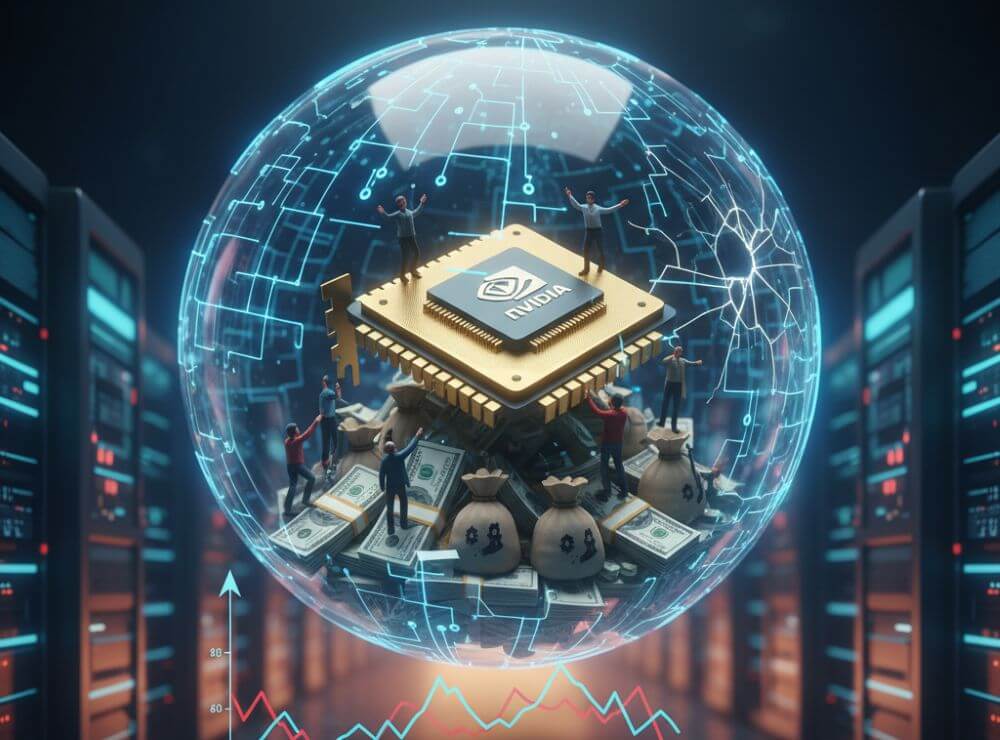
Making a killing: Why do the professionals sell?
Nothing unsettles investors more than insiders selling their own chips. In recent weeks, we’ve seen a massive sell-off at Nvidia, raising some questions:
- The CEO is cashing in: Jensen Huang sold large blocks of shares again in October. While often through pre-announced plans, the total amount is historically high.
- SoftBank & Thiel are out: The Japanese tech giant SoftBank has liquidated its multi-billion-dollar position. Star investor Peter Thiel also completely “cleaned up” his portfolio of Nvidia in Q3.
- The bet against it: Michael Burry (“The Big Short”) is now using options to bet on falling prices in the semiconductor sector.
The signal from the pros seems clear: “Peak AI” may have been reached. They’re securing profits before the party ends.
The bubble debate: Reality vs. hype
Is the AI boom just another dot-com bubble? Opinions are divided. Bears warn of the discrepancy: Microsoft, Meta, and Google are spending hundreds of billions on Nvidia chips, but aren’t yet earning enough from AI software to cover these costs. If the return on investment (ROI) fails to materialize, orders could abruptly stop in 2026.
Bulls (including JPMorgan) counter: Demand for the new Blackwell architecture is so high that Nvidia is sold out for years to come. This, they argue, is not a bubble, but rather the development of a new industrial infrastructure, comparable to the railway network in the 19th century.
The decision will be made on November 20, 2025.
The stock is no longer a no-brainer, but rather a “show-me” stock. For the upcoming Q3 figures on November 20th, simply meeting expectations isn’t enough. Nvidia needs to deliver outstanding results to justify its high valuation.
My advice: Investors should be prepared to ride the volatility or take partial profits – just like the insiders. Those looking to buy should wait for the results. The risk of disappointment has rarely been as high as it is today.
Beliebte Beiträge
From assistant to agent: Microsoft’s Copilot
Copilot is growing up: Microsoft's AI is no longer an assistant, but a proactive agent. With "Vision," it sees your Windows desktop; in M365, it analyzes data as a "Researcher"; and in GitHub, it autonomously corrects code. The biggest update yet.
Never do the same thing again: How to record a macro in Excel
Tired of repetitive tasks in Excel? Learn how to create your first personal "magic button" with the macro recorder. Automate formatting and save hours – no programming required! Click here for easy instructions.
IMAP vs. Local Folders: The secret to your Outlook structure and why it matters
Do you know the difference between IMAP and local folders in Outlook? Incorrect use can lead to data loss! We'll explain simply what belongs where, how to clean up your mailbox, and how to archive emails securely and for the long term.
Der ultimative Effizienz-Boost: Wie Excel, Word und Outlook für Sie zusammenarbeiten
Schluss mit manuellem Kopieren! Lernen Sie, wie Sie Excel-Listen, Word-Vorlagen & Outlook verbinden, um personalisierte Serien-E-Mails automatisch zu versenden. Sparen Sie Zeit, vermeiden Sie Fehler und steigern Sie Ihre Effizienz. Hier geht's zur einfachen Anleitung!
Microsoft 365 Copilot in practice: Your guide to the new everyday work routine
What can Microsoft 365 Copilot really do? 🤖 We'll show you in a practical way how the AI assistant revolutionizes your daily work in Word, Excel & Teams. From a blank page to a finished presentation in minutes! The ultimate practical guide for the new workday. #Copilot #Microsoft365 #AI
Integrate and use ChatGPT in Excel – is that possible?
ChatGPT is more than just a simple chatbot. Learn how it can revolutionize how you work with Excel by translating formulas, creating VBA macros, and even promising future integration with Office.



